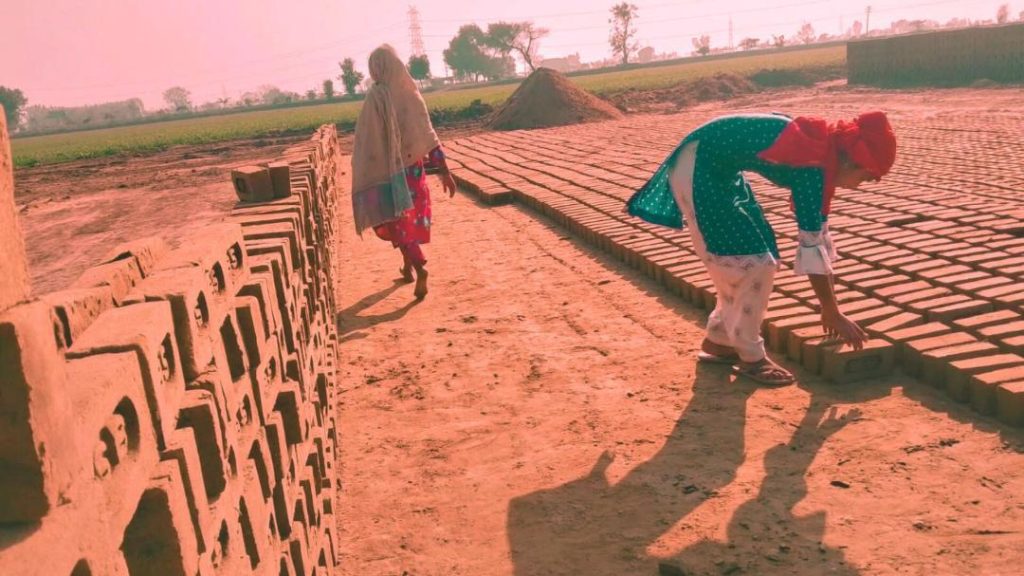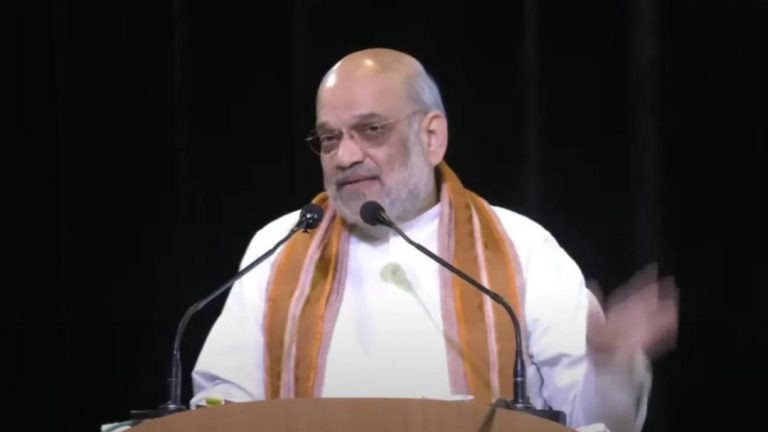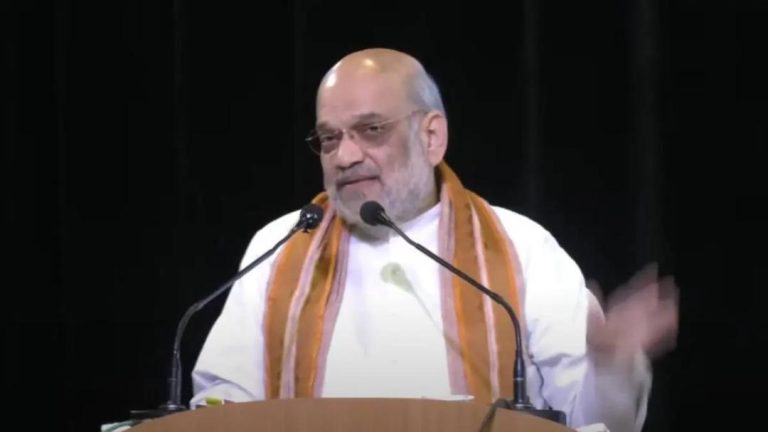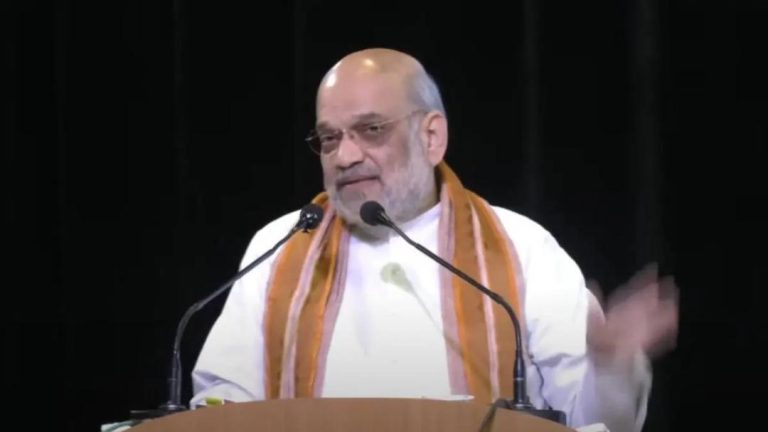
NHRC Slams Punjab Government’s Probe into Bonded Labourers
The National Human Rights Commission (NHRC) has slammed the Punjab administration for its flawed probe into the case of 56 bonded labourers, including children, who were rescued from a brick kiln in Moga. The administration’s report denying the victims’ plight has been deemed misleading and unacceptable by the NHRC.
The incident came to light in November 2020, when a team of officials from the Labour Department and the police rescued the bonded labourers from a brick kiln in Moga. The victims, who were forced to work under the threat of violence and exploitation, were subjected to inhumane conditions and denied basic rights.
Despite the rescue, the Punjab administration’s report on the incident raised more questions than answers. The report claimed that the victims were not bonded labourers and that they were not subjected to exploitation. The report also failed to mention the involvement of the brick kiln owner and other individuals responsible for the exploitation.
The NHRC has taken strong exception to the Punjab administration’s report and has demanded a fresh inquiry into the incident. The Commission has also sought a report from the Moga administration by April 7, 2023, to ensure that the victims receive justice and compensation.
The NHRC’s intervention in the case is a welcome move, especially given the gravity of the situation. Bonded labour, which is a form of modern-day slavery, is a serious violation of human rights and is a stain on our society. The Punjab government’s failure to take action against the perpetrators of this heinous crime is unacceptable and highlights the need for greater accountability and transparency in the administration’s handling of such cases.
The NHRC’s decision to slam the Punjab administration’s probe is also a reminder of the importance of independent investigations into cases of human rights violations. The Commission’s role in ensuring that victims receive justice and compensation is critical, especially in cases where the government’s own agencies are complicit or complicit in the violation of human rights.
The Moga administration’s report has also raised questions about the effectiveness of the Punjab government’s anti-bonded labour campaigns. The government has launched several campaigns to eradicate bonded labour, but these efforts have been criticized for being ineffective and lacking in substance.
The NHRC’s intervention in the case is a wake-up call for the Punjab government to take concrete action against bonded labour. The government must ensure that the victims receive justice and compensation, and that the perpetrators are brought to book. The government must also take steps to prevent such incidents from happening in the future, including by strengthening its anti-bonded labour campaigns and increasing public awareness about the issue.
The NHRC’s decision to demand a fresh inquiry into the incident is also a reminder of the need for greater transparency and accountability in the administration’s handling of such cases. The Commission’s role in ensuring that the truth comes out and that justice is served is critical, especially in cases where the government’s own agencies are complicit or complicit in the violation of human rights.
In conclusion, the NHRC’s slam on the Punjab government’s probe into the case of bonded labourers is a welcome move that highlights the need for greater accountability and transparency in the administration’s handling of such cases. The Commission’s intervention is a reminder of the importance of independent investigations into cases of human rights violations and the need for concrete action to prevent such incidents from happening in the future.



